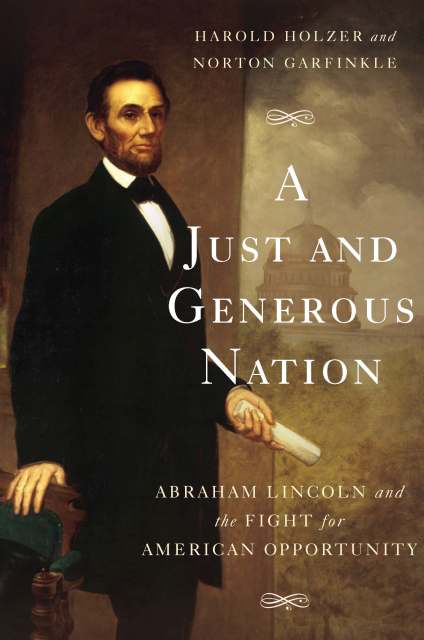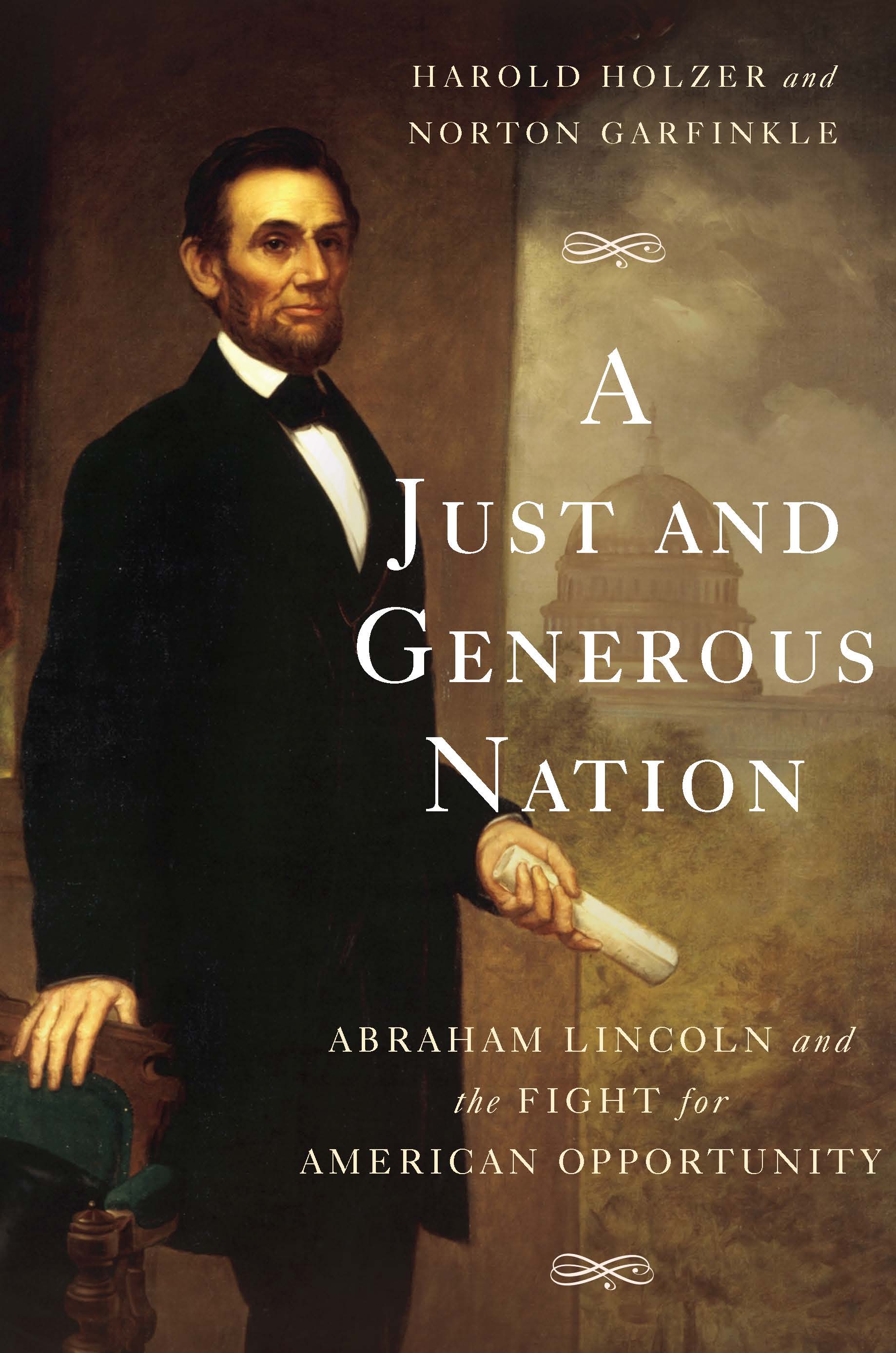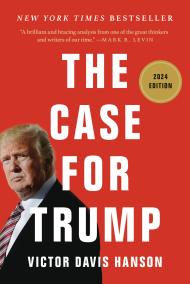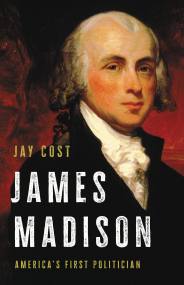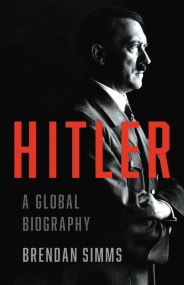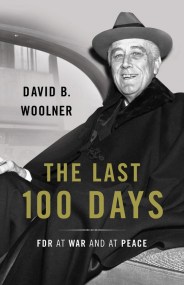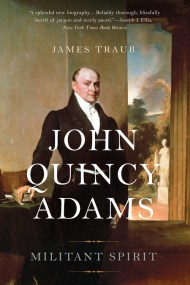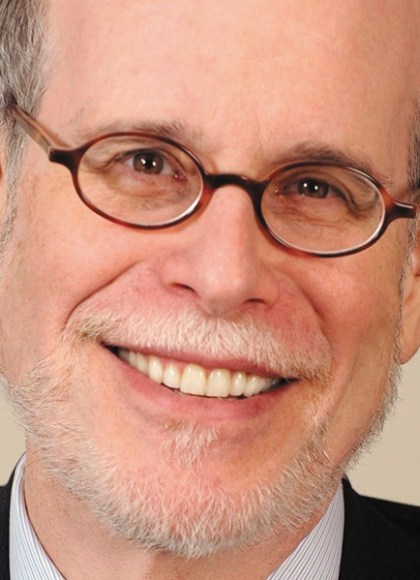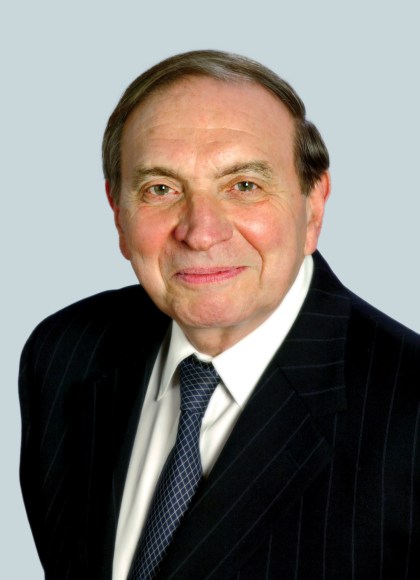By clicking “Accept,” you agree to the use of cookies and similar technologies on your device as set forth in our Cookie Policy and our Privacy Policy. Please note that certain cookies are essential for this website to function properly and do not require user consent to be deployed.
A Just and Generous Nation
Abraham Lincoln and the Fight for American Opportunity
Contributors
Formats and Prices
- On Sale
- Nov 3, 2015
- Page Count
- 320 pages
- Publisher
- Basic Books
- ISBN-13
- 9780465073962
Price
$18.99Price
$24.99 CADFormat
Format:
- ebook $18.99 $24.99 CAD
- Hardcover $27.99 $34.99 CAD
This item is a preorder. Your payment method will be charged immediately, and the product is expected to ship on or around November 3, 2015. This date is subject to change due to shipping delays beyond our control.
Buy from Other Retailers:
Lincoln firmly believed that the government’s primary role was to ensure that all Americans had the opportunity to better their station in life. As president, he worked tirelessly to enshrine this ideal within the federal government. He funded railroads and canals, supported education, and, most importantly, issued the Emancipation Proclamation, which opened the door for former slaves to join white Americans in striving for self-improvement. In our own age of unprecedented inequality, A Just and Generous Nation reestablishes Lincoln’s legacy as the protector not just of personal freedom but of the American dream itself.
Newsletter Signup
By clicking ‘Sign Up,’ I acknowledge that I have read and agree to Hachette Book Group’s Privacy Policy and Terms of Use
